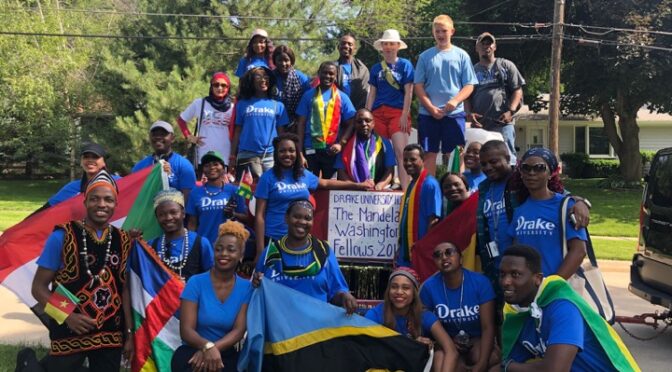As some of you already know, Drake’s current applicant tracking system (ATS), Hire Touch, is being sunset by the parent company at the end of this year. Drake HR vetted a number of platforms as a possible replacement. We are thrilled to share that our new ATS will be supported by PageUp.
PageUp has a well-established and impressive presence in higher education. Through their platform, we will be able to configure the public facing job page to reflect Drake’s brand in new and better ways than ever before. We will enjoy a more user-friendly design—for both external (applicants) and internal (HR and hiring managers) users. We will also have better ways to run reports and track data—which will help support our efforts to modernize our recruitment practices and strategies.
We are trying to come up with a clever name for the jobs page (and how we refer to it), rather than relying on the vendor name (Drake Careers, Jobs@Drake, something like this). If you have any catchy or clever suggestions, please feel free to share them! If we select your suggestion, we’ll buy you lunch and give you bragging rights over the new name! Send your ideas to drakehr@drake.edu.
As mentioned, we will have some latitude in how we configure the look of the jobs page through PageUp. If you are curious about what the public facing jobs board could look like, here are several examples of other institutions of higher education already using this vendor:
The project team is working on the transition to the new ATS (big shout out to ITS for being amazing partners in this endeavor!), which will likely go live sometime between late September and early November. We need to be off Hire Touch completely by the end of the calendar year.
If you have questions or comments about this transition, please reach out to drakehr@drake.edu.
— Maureen De Armond, Human Resources



